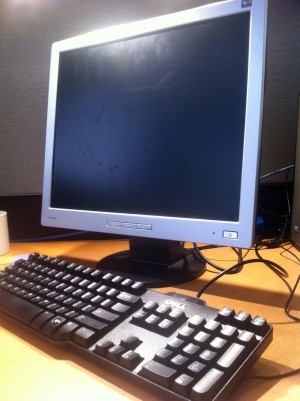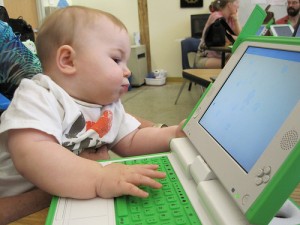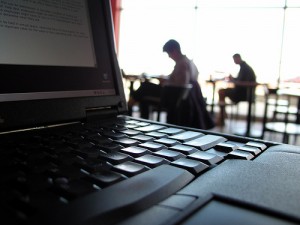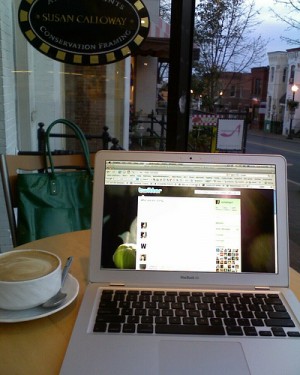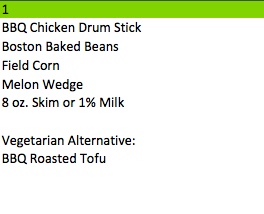D.C. is making some headway in closing the digital divide: last week, Mayor Vincent Gray broke ground on the DC Community Access Network, a $25 million federal grant-funded project aimed at improving affordable broadband Internet access in the city’s most underserved wards.
The new system won’t be fully complete until June 2013 and will provide direct Internet access to “community anchor institutions,” which includes charter schools, health clinics and senior centers. Residents and private businesses, however, will have to access the network through a last mile provider, which in many cases will be a private Internet service provider who will set the prices.
Just how affordable is affordable access? The District hasn’t chosen the providers for residents and business, so we don’t know the rates yet. But Ayanna Smith of the D.C. Office of the Chief Technology Officer writes in an e-mail to DCentric that price points should be set by mid-April and that they will be below market-rate. Community-based groups and apartment and condo dwellers can also get in the game by becoming last mile providers and leveraging the low-cost service, too.



